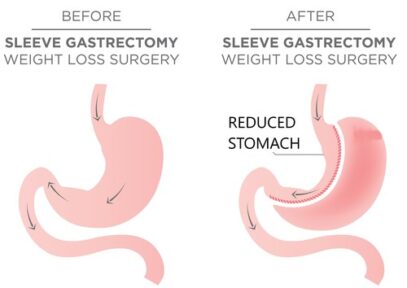Navigating the Perinatal Period

The perinatal period is a significant phase in a woman’s life that spans from the 20th week of pregnancy to one month after giving birth. This critical time involves numerous physical, emotional, and social changes. In this blog post, we will delve into the perinatal period, understanding its importance and its various stages, while providing valuable tips to navigate this journey successfully.
The Significance of the Perinatal Period
The perinatal period, often referred to as the “around the time of birth,” is a pivotal phase for both the mother and her baby. It is marked by numerous physiological, emotional, and psychological changes. Here’s why it’s essential:
Fetal Development: This phase is crucial for the growth and development of the unborn child.
Maternal Health: It’s a time when a woman’s health is of utmost importance for a successful pregnancy and childbirth.
Psychological Adjustments: Expectant mothers often experience emotional changes as they prepare for parenthood.
Stages of the Perinatal Period
The perinatal period can be broadly divided into two key stages:
Antenatal Stage (Before Birth)
Prenatal Care: The period of prenatal care is vital for monitoring the health of both mother and baby.
Preparing for Birth: Expectant parents may attend childbirth education classes and make birth plans during this stage.
Postnatal Stage (After Birth)
The Birth Itself: The experience of childbirth is a significant part of the postnatal stage.
Postpartum Period: The first few weeks after birth, characterized by adjustments, physical recovery, and emotional changes.
Perinatal Health and Care
Antenatal Care (During Pregnancy)
Regular Check-Ups: Regular prenatal check-ups are essential for monitoring the health of both mother and baby.
Healthy Lifestyle: Maintaining a balanced diet and regular exercise is crucial during pregnancy.
Postnatal Care (After Birth)
Immediate Postpartum Care: Care provided immediately after childbirth, focusing on both mother and baby’s well-being.
Postpartum Support: Emotional support and care during the initial weeks after birth.
Emotional and Psychological Changes
Emotional Rollercoaster: Many women experience mood swings and emotional changes during the perinatal period.
Postpartum Depression: Understanding the signs and seeking support for postpartum depression.
Bonding and Attachment
Parent-Child Bond: The perinatal period is a time for parents to bond with their newborn.
Breastfeeding and Bonding: How breastfeeding can strengthen the bond between mother and baby.
Tips for a Healthy Perinatal Journey
Stay Informed: Understanding the perinatal period and knowing what to expect can ease anxieties.
Seek Support: Don’t hesitate to reach out to healthcare professionals or support groups for guidance and emotional support.
Prioritize Self-Care: Take time for self-care to manage the physical and emotional demands of the perinatal period.
Nutrition and Exercise: Maintain a healthy diet and engage in safe exercises as recommended by your healthcare provider.
Communication: Effective communication with your partner, healthcare providers, and support network is essential for a smoother journey.
Be Open to Change: Understand that things may not always go as planned, and flexibility is key to adapting to changes in your perinatal journey.
Navigating the Perinatal with Confidence
The perinatal period is a journey filled with unique challenges and joys. It’s a time of significant growth, not just for the baby but also for the expectant parents. By staying informed, seeking support, and prioritizing self-care, you can navigate this period with confidence and cherish the precious moments it brings. Your perinatal journey is a remarkable chapter in the beautiful story of parenthood.



